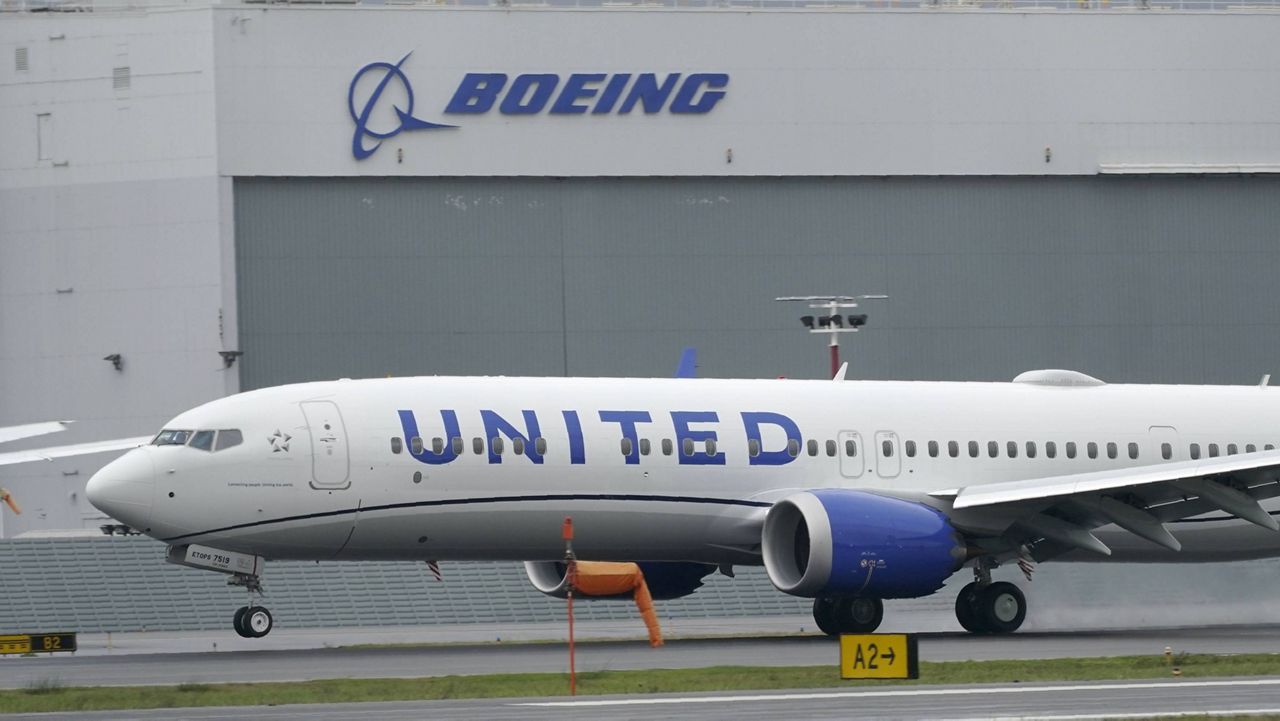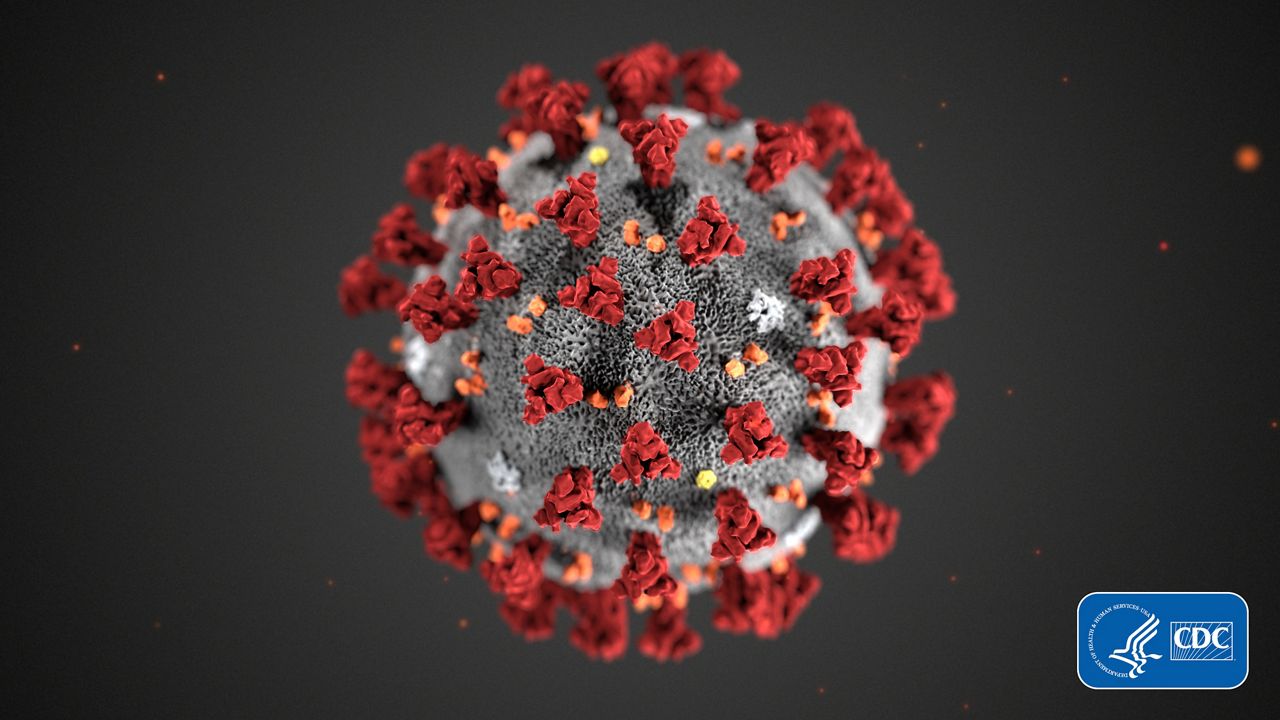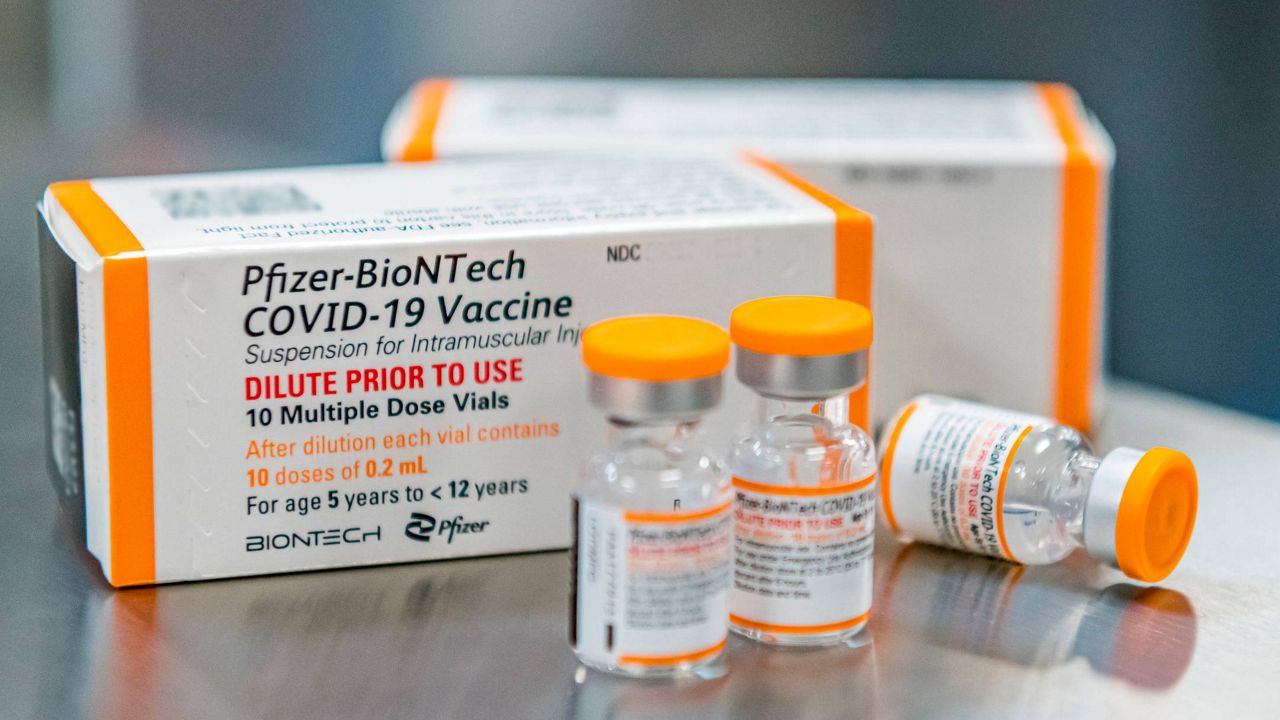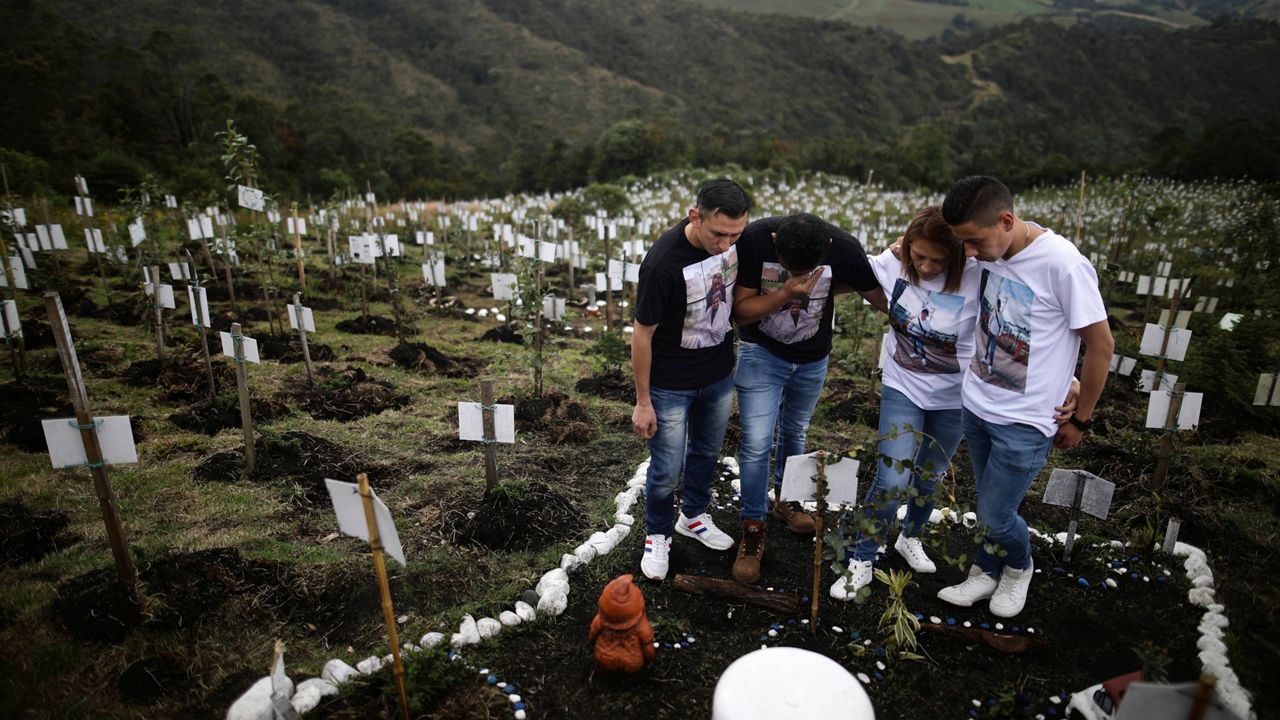Blocking off middle seats on commercial flights could reduce the risk of COVID-19 exposure to passengers by 23% to 57%, a new study found.
What You Need To Know
- A study by the CDC and Kansas State University found that blocking off middle seats on commercial flights could reduce the risk of COVID-19 exposure to passengers by 23% to 57%
- The study is based on 2017 research into how aerosolized viral particles spread through airplane cabins and was updated to compare how passengers might be impacted when the middle seats are open
- Because the heart of the research was conducted before the coronavirus pandemic, the impact of masks was not measured
- The airline industry disputes the study’s findings and said the risk of COVID-19 transmission onboard aircraft is very low
The study was conducted by the Centers for Disease Control and Prevention and Kansas State University. It is based on data from a 2017 Kansas State study of how aerosolized viral particles spread through airplane cabins that was updated to compare how passengers might be impacted when the middle seats are open versus when the aircraft is fully occupied.
The 2017 study was conducted by spraying a harmless virus surrogate in two airplane cabin mock-ups — single aisle and twin aisle — that were filled with mannequins with realistic passenger heat emission. Because the heart of the research was conducted before the coronavirus pandemic, the impact of masks, which are required by the CDC for air travel, was not measured.
The researchers also noted that it’s “important to recognize that the current study addresses only exposure and not transmission” and that more research on the matter is needed.
The new study found that the risk of COVID-19 exposure was reduced by 23% when someone was seated two seats away from an infected passenger. It also concluded the risk fell by 57% when there were middle seats vacant across a section of three rows containing a mix of people with COVID-19 and other passengers.
“These data suggest that increasing physical distance between passengers and lowering passenger density could help reduce potential COVID-19 exposures during air travel,” the study says. “Physical distancing of airplane passengers, including through policies such as middle seat vacancy, could provide additional reductions in SARS-CoV-2 exposure risk.”
The airline industry disputes the study’s findings.
“U.S. airlines have implemented multiple layers of measures aimed at preventing virus transmission, including strict face covering requirements, pre-flight health-acknowledgement forms, enhanced disinfection protocols and hospital-grade ventilation systems,” the trade organization Airlines for America said in a statement emailed to Spectrum News. “Multiple scientific studies confirm that the layers of protection significantly reduce risk, and research continues to demonstrate that the risk of transmission onboard aircraft is very low.”
The International Air Transport Association, another industry group, said: “The safety of passengers and crew is always our top priority. With that objective, we are carefully reviewing the United States Center for Diseases Control (CDC) study. However, it’s important to note that this laboratory study did not consider the significant risk-reduction impacts of the wearing of facemasks by passengers and cabin staff (nor could it have, given that the data collection occurred in 2017).”
Both organizations pointed to a Harvard School of Public Health study that found that measures such as masks, ventilation systems and the disinfection of surfaces result “in a very low risk” of COVID-19 of transmission.
“Additionally, the CDC study addresses only exposure and not transmission,” the IATA said. “There have not been large numbers of confirmed or suspected cases of onboard transmission reported at any stage of the pandemic, and almost all of those that were, occurred without the wearing of masks on-board.”
The CDC report comes as U.S. air travel continues to pick up, although the numbers are still down significantly from their pre-pandemic levels. On Sunday, for example, more than 1.5 people traveled, down about 1 million from what it was in 2019, according to Transportation Security Administration data.
Ryan Chatelain - Digital Media Producer
Ryan Chatelain is a national news digital content producer for Spectrum News and is based in New York City. He has previously covered both news and sports for WFAN Sports Radio, CBS New York, Newsday, amNewYork and The Courier in his home state of Louisiana.








